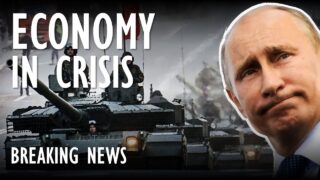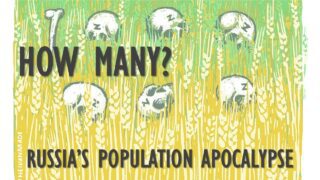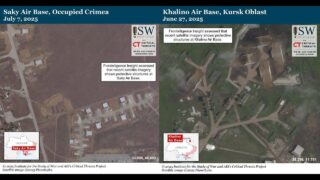
ISW: Russian economy shows distress signs despite Kremlin’s strong-year-for-economy claims
The Institute for the Study of War (ISW) reported on 22 January that the Kremlin has initiated an information operation aimed at creating false impressions of economic prosperity despite clear indicators of macroeconomic distress.
During a meeting on economic issues on 22 January, Russian President Vladimir Putin claimed 2024 was a “strong year” for the Russian economy. According to Putin, Russia maintains a manageable budget deficit of 1.7% and achieved a 26% increase in non-oil-and-gas revenue, reaching 25.6 trillion rubles or approximately $257.9 billion in 2024.
According to Bloomberg’s report, the Russian Finance Ministry released projections showing economic strength, claiming December 2024 budget revenue exceeded 4 trillion rubles (about $40 billion) – marking a 28% increase from December 2023 and the highest level since 2011.
However, ISW notes these figures fail to account for several critical factors, including unsustainable defense spending levels, rampant inflation, a growing deficit, and erosion of Russia’s sovereign wealth fund. The organization continues to observe macroeconomic data contradicting Kremlin’s claims of economic well-being.
The situation is further complicated by broader societal challenges, as ISW reports, including labor shortages, demographic issues, declining savings, and increasing reliance on bailouts. The Russian economy faces additional pressure from rising interest rates, inflated salaries, and deteriorating production capacity.
“These economic realities suggest that the Kremlin’s efforts to posture economic strength are largely an information operation aimed at reassuring domestic audiences and posturing Russian strength abroad while masking the true challenges Russia’s economy is facing, particularly heightened due to its war against Ukraine,” ISW concludes.
Related:












